By Yvonne L. Moore, Founder and Managing Director, Moore Philanthropy
At this year’s Skoll World Forum, a packed session at Rhodes House gathered funders, founders, and ecosystem builders to explore a crucial question: What will it take to foster genuine investment in African and Black-owned businesses and ensure that support translates into sustained, scalable impact?
The session, Investing in African and Black-Owned and Led Businesses: Fostering Connections and Multiplying Impact, didn’t just name the problem—it offered clear, grounded solutions rooted in connection, accountability, and equity.
I moderated this conversation alongside emcee Almaz Negash, Executive Director of the Africa Diaspora Network, and panelists Erika Seth Davis, Founder of the Racial Equity Asset Lab, and James Muraguri, Chief Executive Officer of the Institute of Public Finance, Kenya. Together, we offered bold calls to action for investors, policymakers, and organizations alike.
The Problem: Systemic Underinvestment, Misaligned Narratives, and Data Gaps
The reality is hard to ignore: less than 0.5% of venture capital funding goes to Black entrepreneurs, and just 1% to Black women. Although the numbers are eye-opening, this framing falls short. A more revealing headline is “96% of venture capital funding goes to white men.”
As Almaz noted in her opening remarks, it’s not just about what’s missing from venture capital investments—it’s about where the money is going. That’s the real story, and tackling the systemic reasons why funders choose not to invest in Black entrepreneurs is how we create real change.
Panelists and audience members called out how entrenched power dynamics, rigid funding models, and a lack of disaggregated data contribute to the chronic underfunding of Black and African-led ventures. We also highlighted how entrepreneurs of color are often lumped into gender-based categories that fail to capture the nuances of how race impacts their experiences.
If we want to address systemic underinvestment in Black-owned businesses, it starts with having more accurate data, using more precise language, and asking more incisive questions on how we got here and where we go.
The Solution: From Over-Mentored to Fully Funded
A major theme that emerged was that, although supportive programs for Black entrepreneurs abound, capital remains scarce, resulting in “overmentoring” and “underfunding.”
As the founder of Moore Philanthropy, a Black-owned and women-led advisory firm, intermediary, and public charity dedicated to providing strategic philanthropic services globally, I’ve witnessed firsthand the lack of capital available for Black and African entrepreneurs. At Moore Philanthropy, we work to level the playing field through our various services to individuals, families, and organizations, including entrepreneur support, which helps individuals launch and scale social ventures, as well as provide support for LLCs, S-Corps, and C-Corps.
We also connect donors with changemakers on the frontlines of justice movements and serve as fiscal sponsors for new organizations, enabling them to focus on their mission rather than administrative hurdles. Our Donor-Advised Funds also offer a flexible funding model with tax benefits for donors, enabling organizations and changemakers to access the capital they need and direct funds to underserved communities.
The session echoed many of our values and offered solutions for shifting towards a reality where Black entrepreneurs are mentored, but also fully funded:
Trust Over Control. Investors should shift away from rigid, prescriptive funding models towards ones rooted in trust, starting with more opportunities for unrestricted, general operating support. A trust-based approach helps undo traditional power imbalances in which institutions dictate how funds should be used, leading to greater impact. Moore Philanthropy has seen the success of a trust-based approach through our Power Champions Fund, which invested $1.3 million in flexible, general operating support in BIPOC-led nonprofits.
Reframe the Narrative. Too often, conversations about investing in Black entrepreneurship are framed around what is lacking. The reality is that despite barriers to securing investment, Black entrepreneurs have long been driving economic growth and job creation, particularly in Africa and diaspora communities. To unlock greater investment, we must tell a different story: one that centers on the proven impact of Black entrepreneurs and the missed opportunity of not supporting them.
Invest in Better Data. Systemic change starts with stronger information. Fortunately, researchers from across the African diaspora have already captured the nuances of how race impacts the investment landscape. By leveraging this information, investors, policymakers, and organizations can work more effectively together to level the playing field.
Adopt Alternative Funding Models. As the numbers show, traditional funding models are often inaccessible to Black entrepreneurs. We call on investors to look beyond traditional venture capital pipelines and explore alternative funding models. Community-rooted approaches, such as savings and credit organizations, offer promising paths forward.
Align Values With Action. As I stated during the session, “culture eats strategy for breakfast.” If funders and venture capital firms preach equity, their funding models and investment decisions should reflect that. Equity and commitments to social change can’t just be taglines – they must be operationalized into how capital is distributed and which communities are prioritized.
Final Takeaway: Are Investors Ready to Meet the Moment?
Equity is not a favor—it’s a strategy for lasting impact. This session made clear that investing in Black and African founders isn’t just about justice—it’s about unlocking opportunity, innovation, and economic power. Real transformation starts when we shift from scarcity thinking to trust, from performative gestures to capital commitments. The question isn’t whether Black entrepreneurs are ready—it’s whether investors are ready to meet the moment.
Explore photos from the event below.
Category: Blog, Reflections
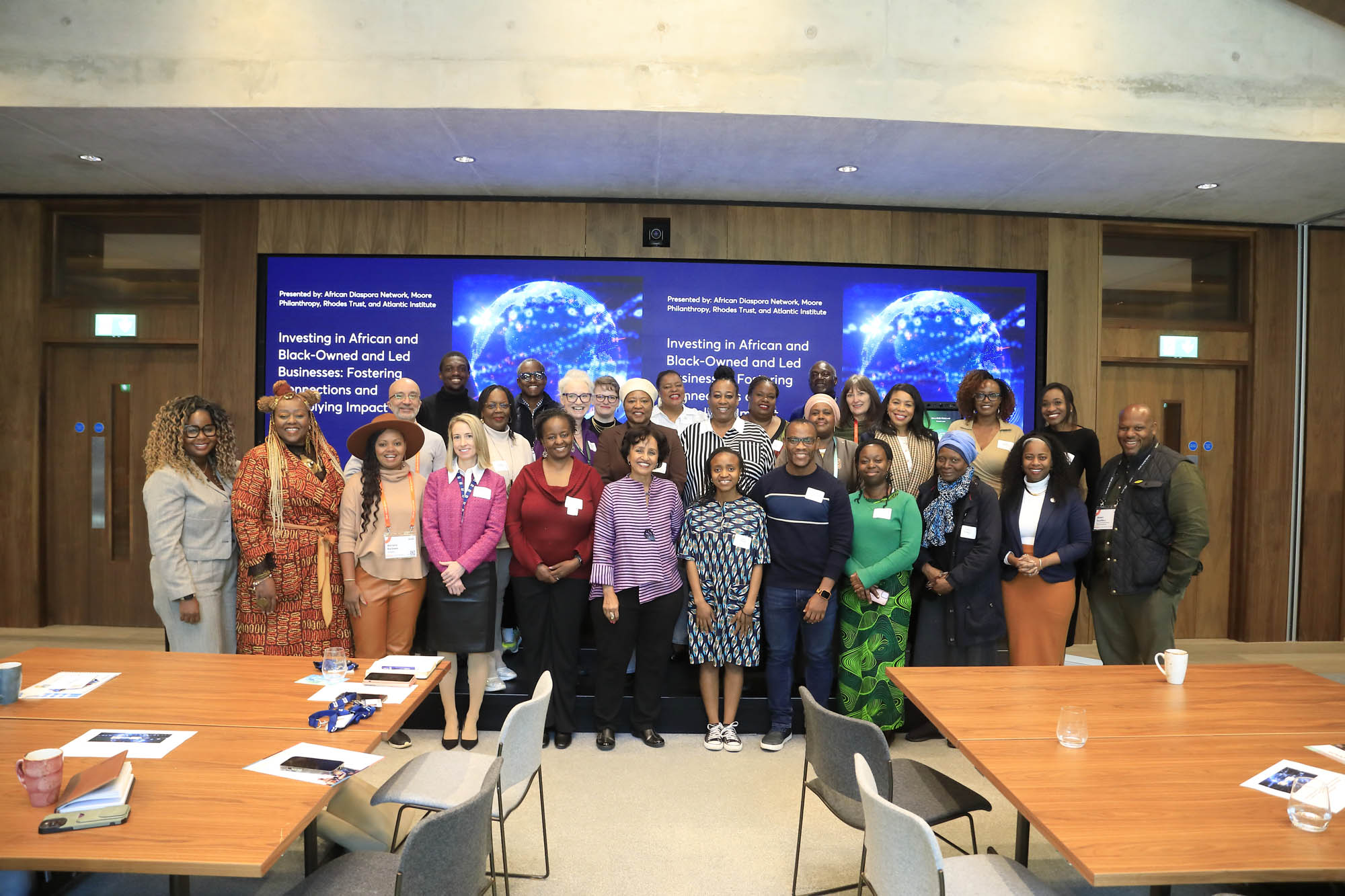
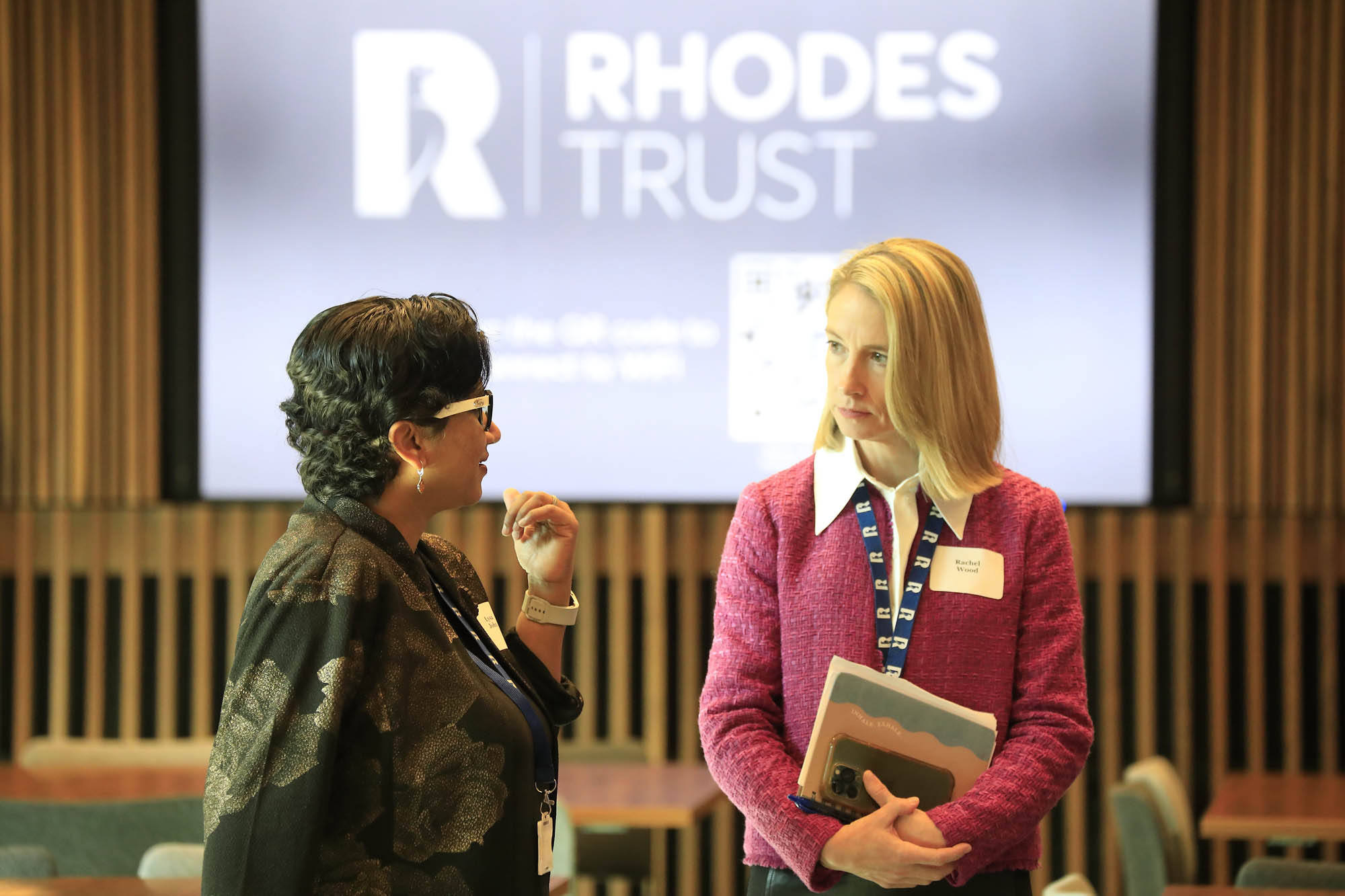


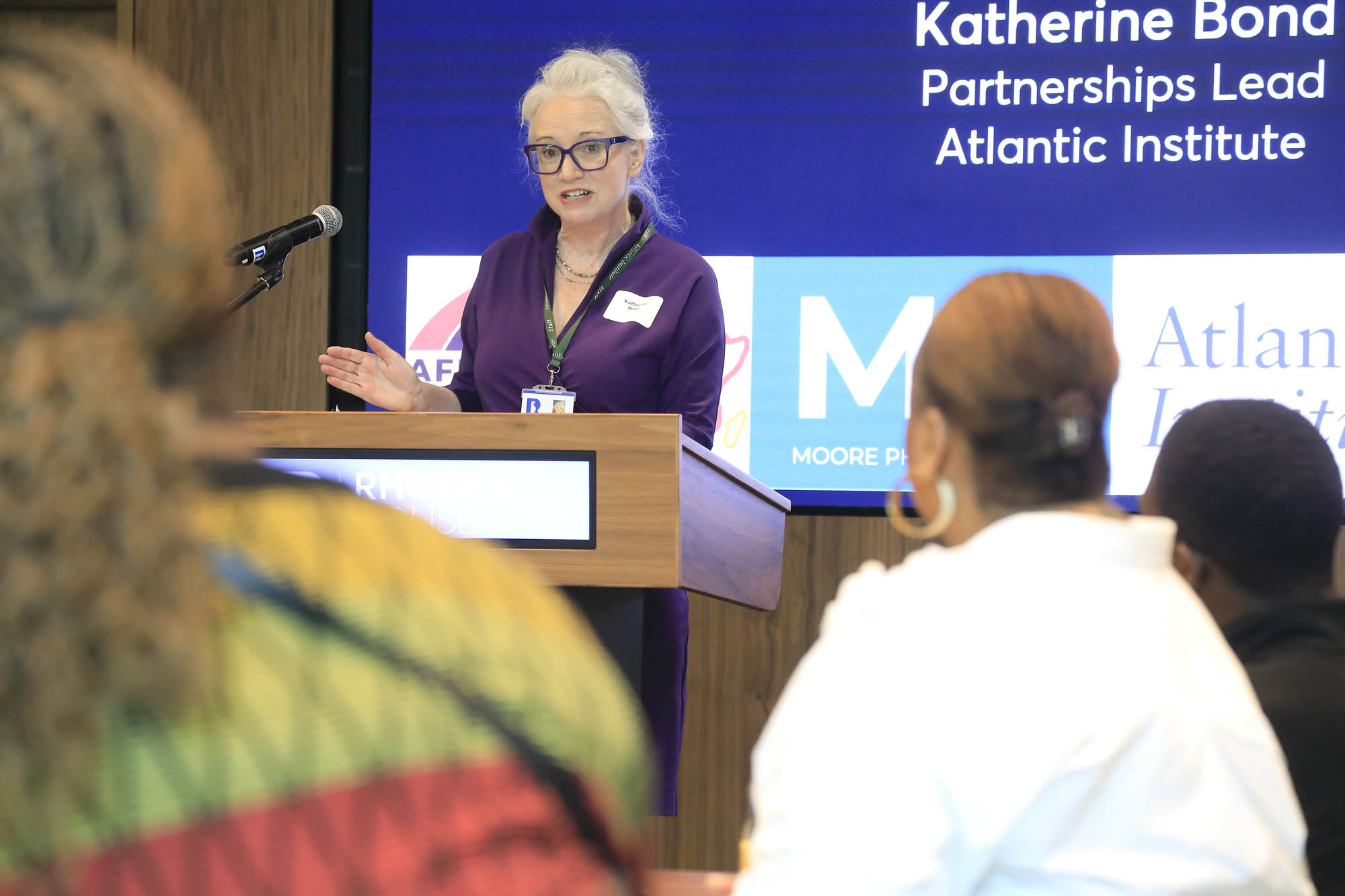
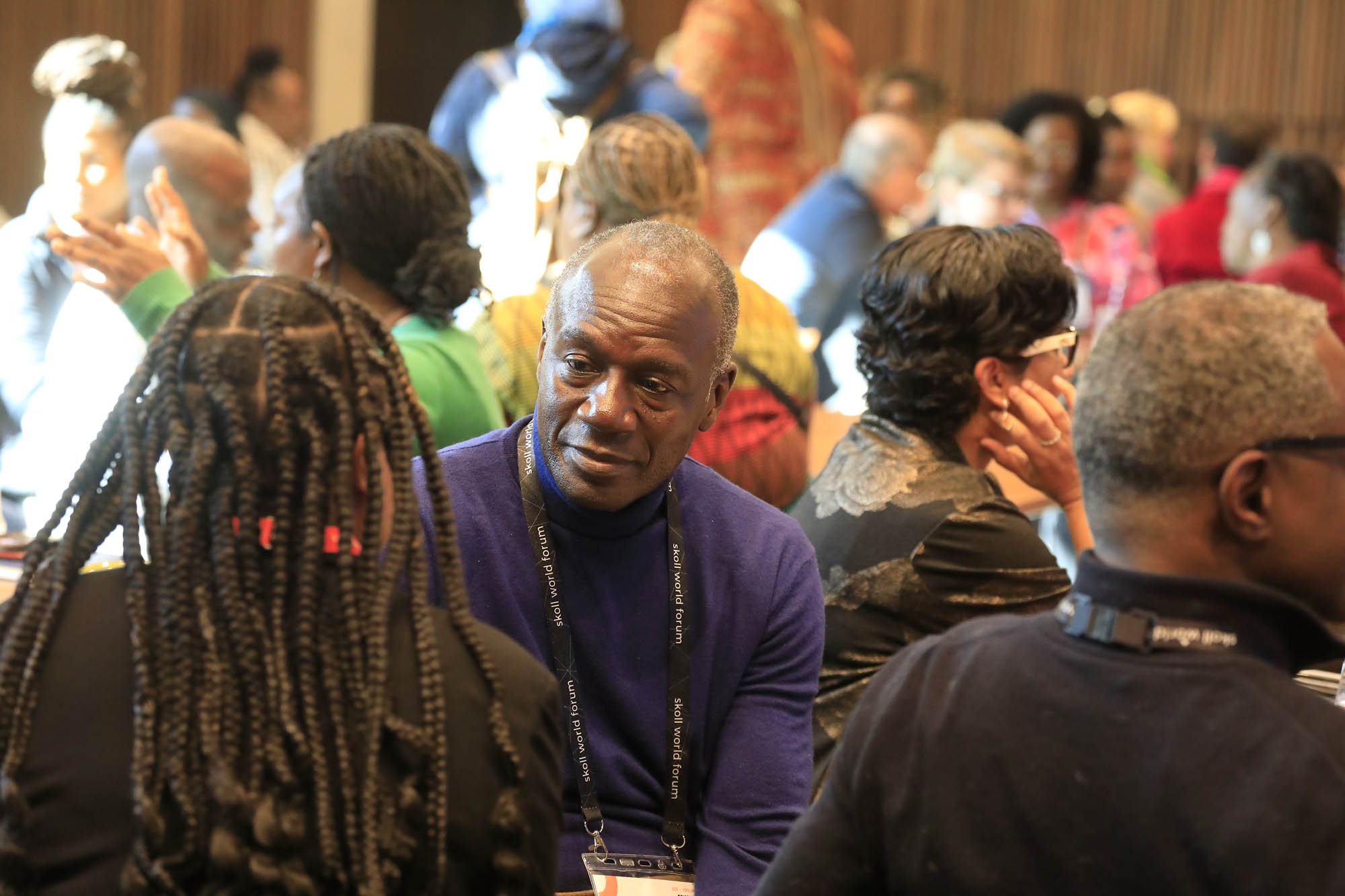

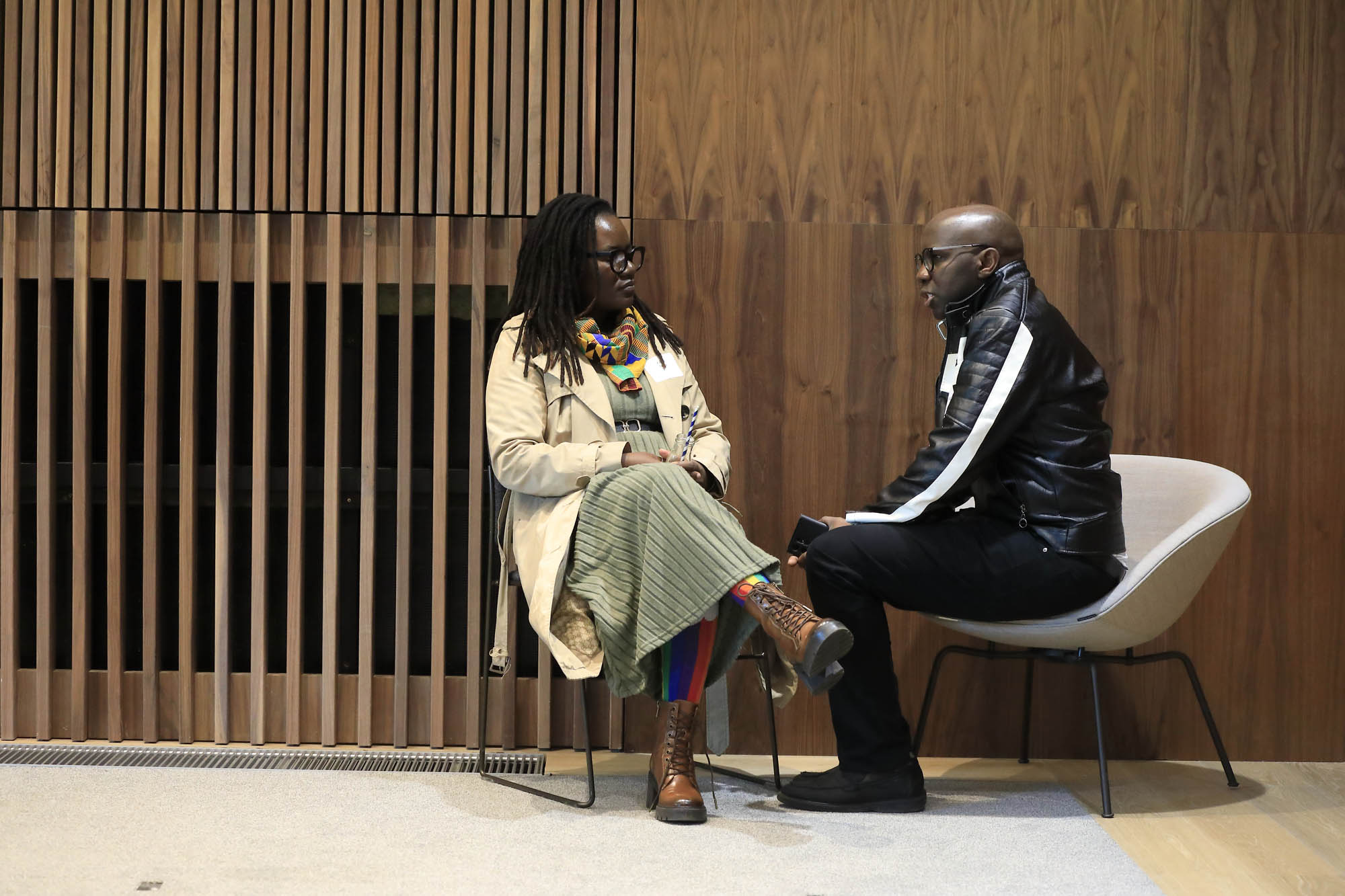


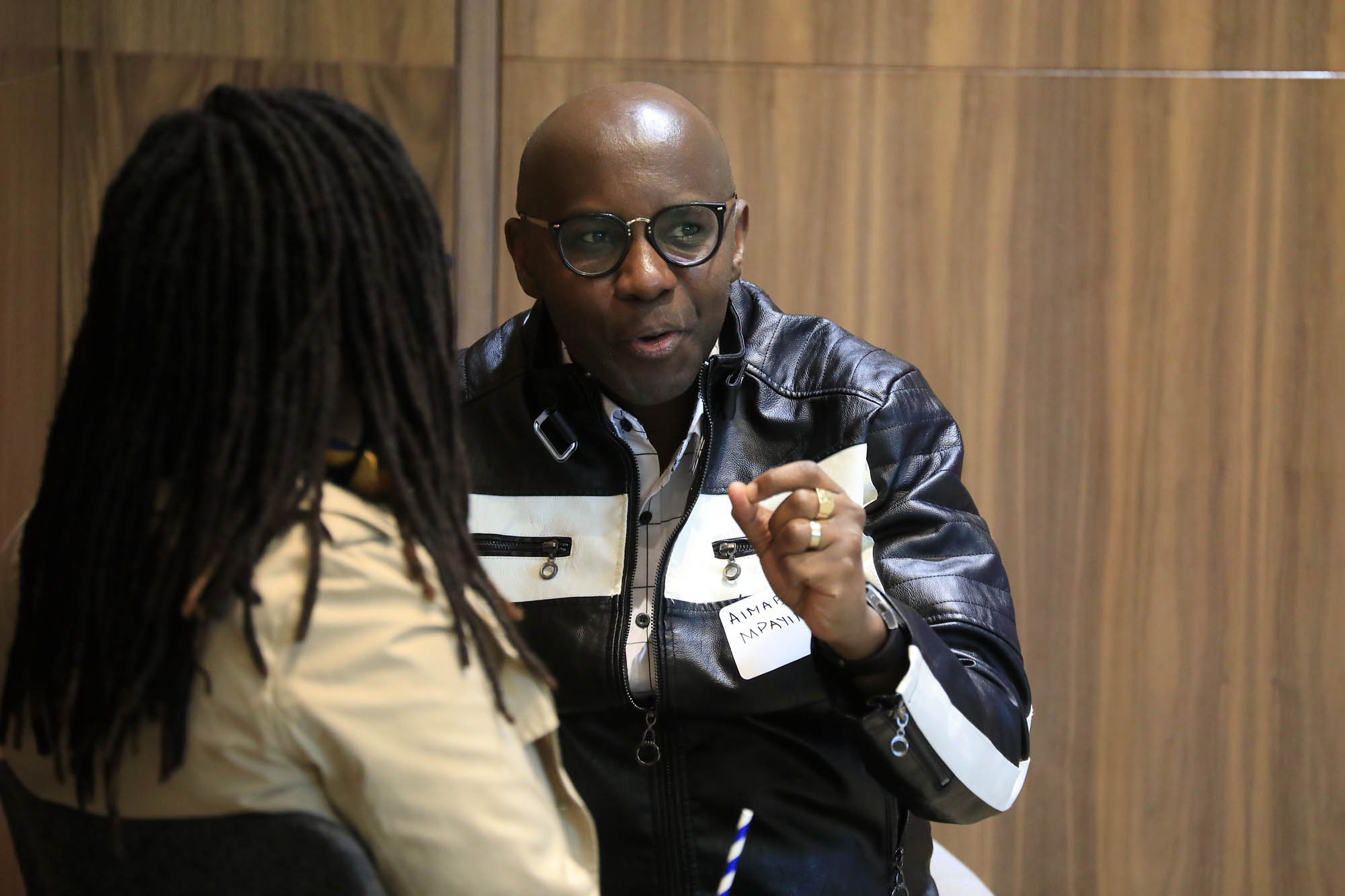

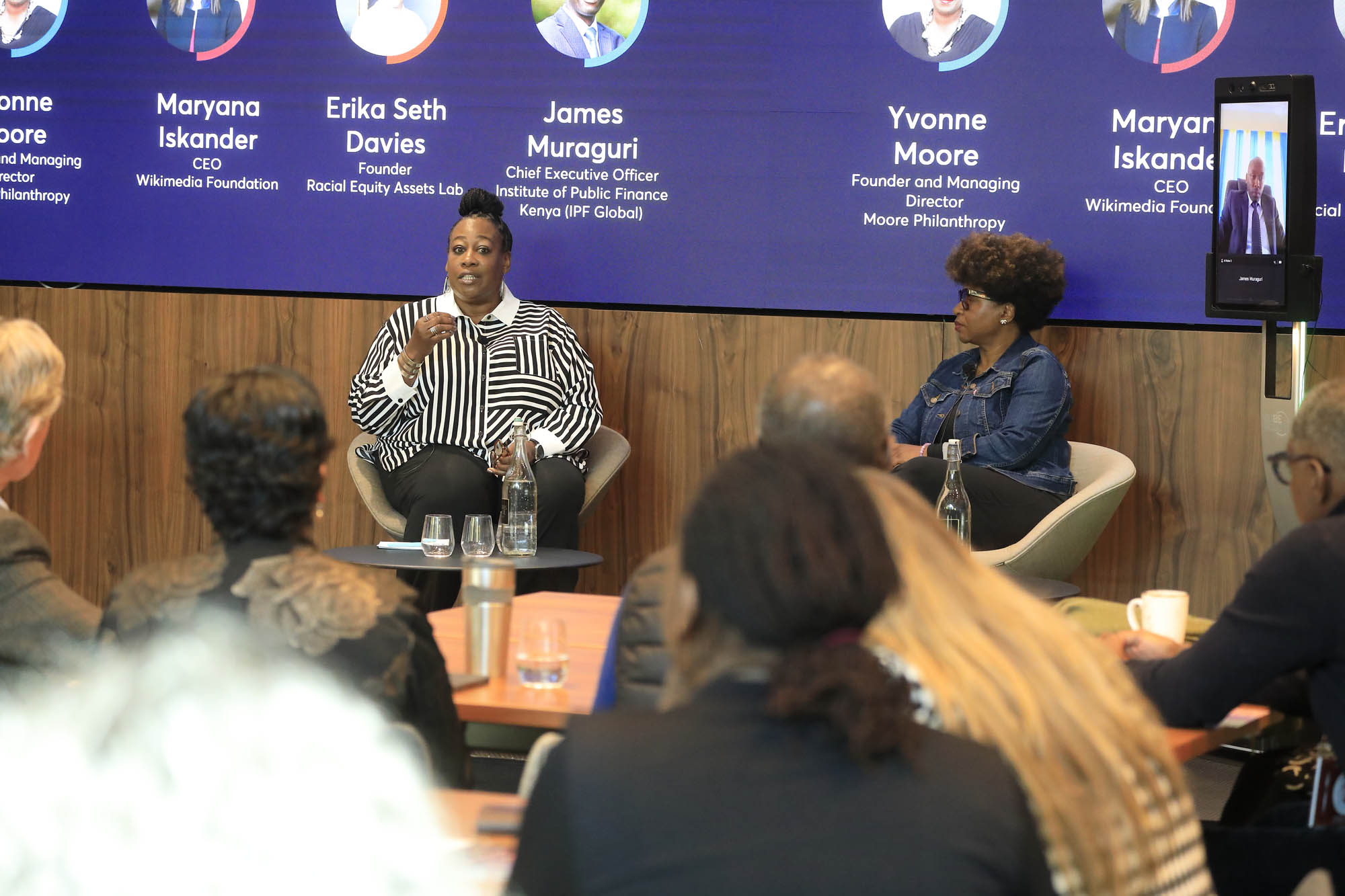
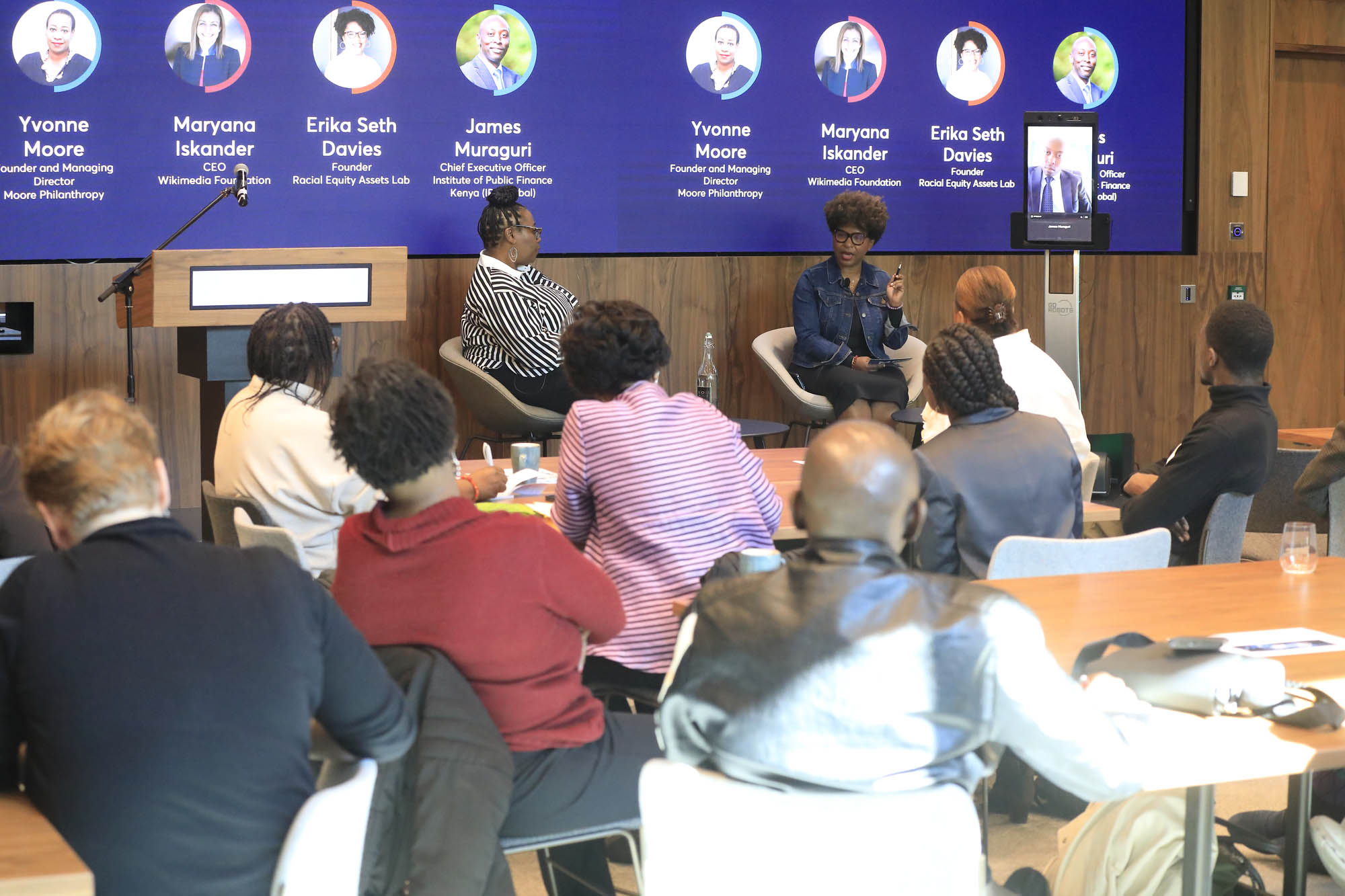
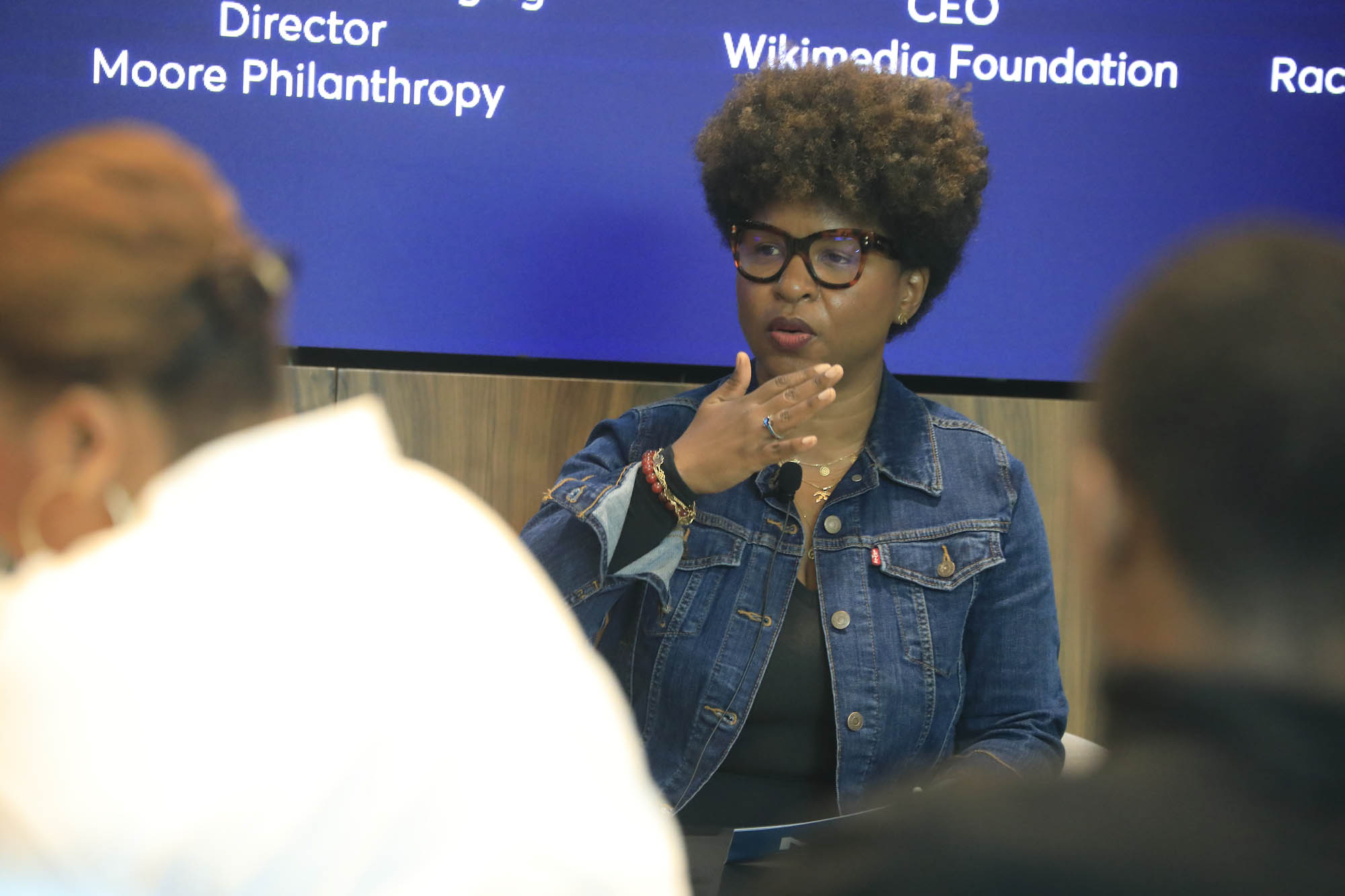
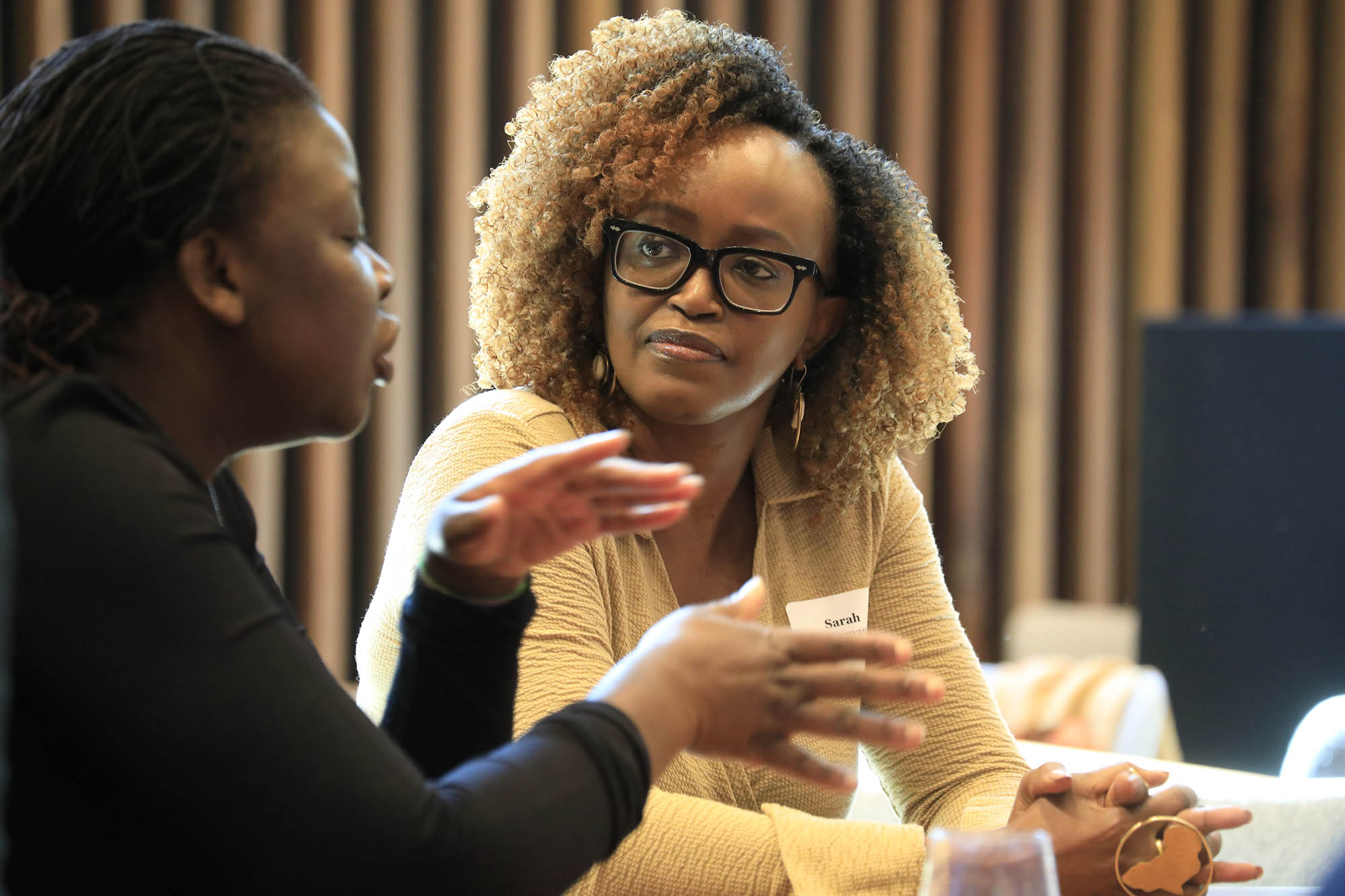
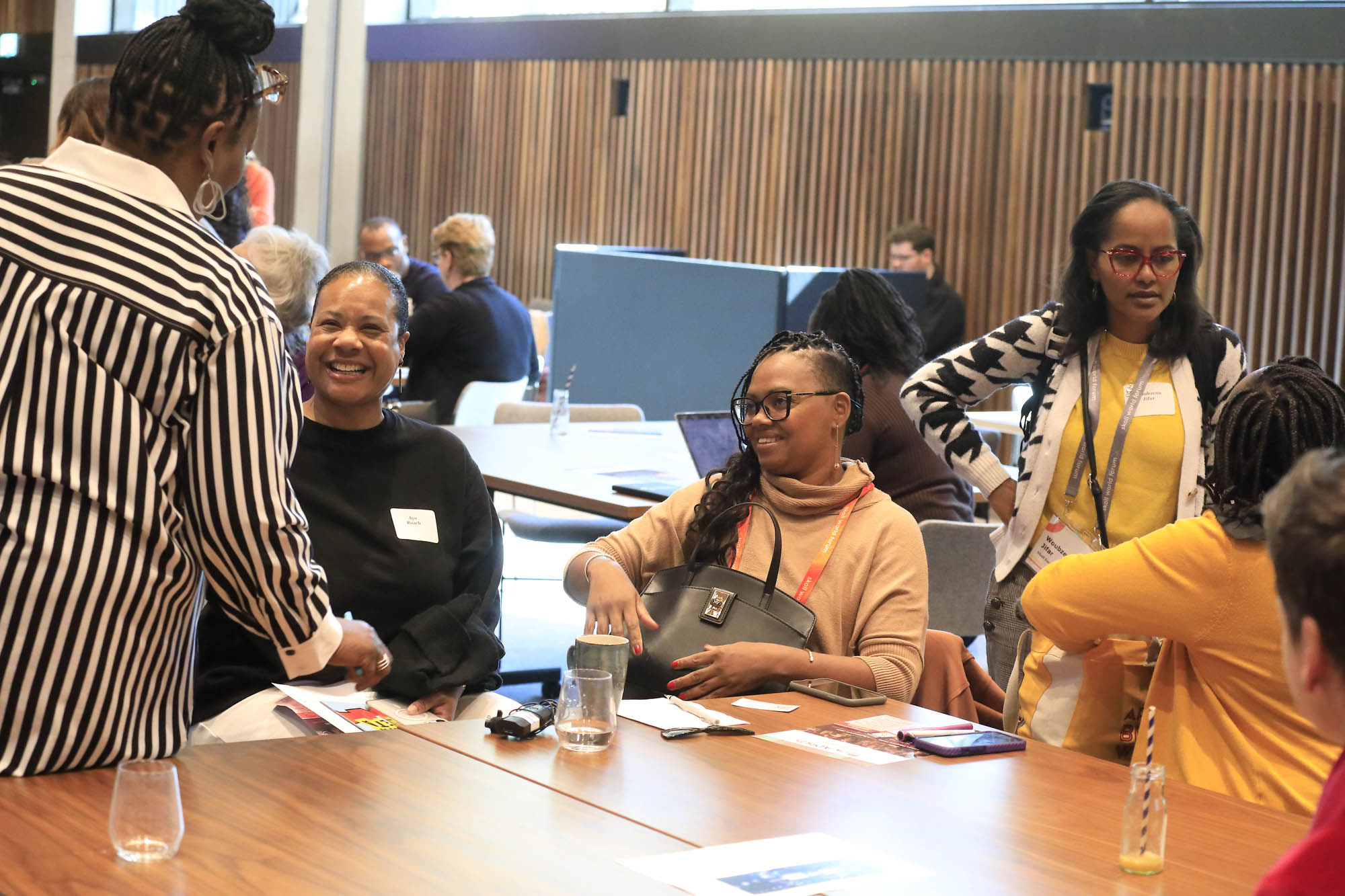
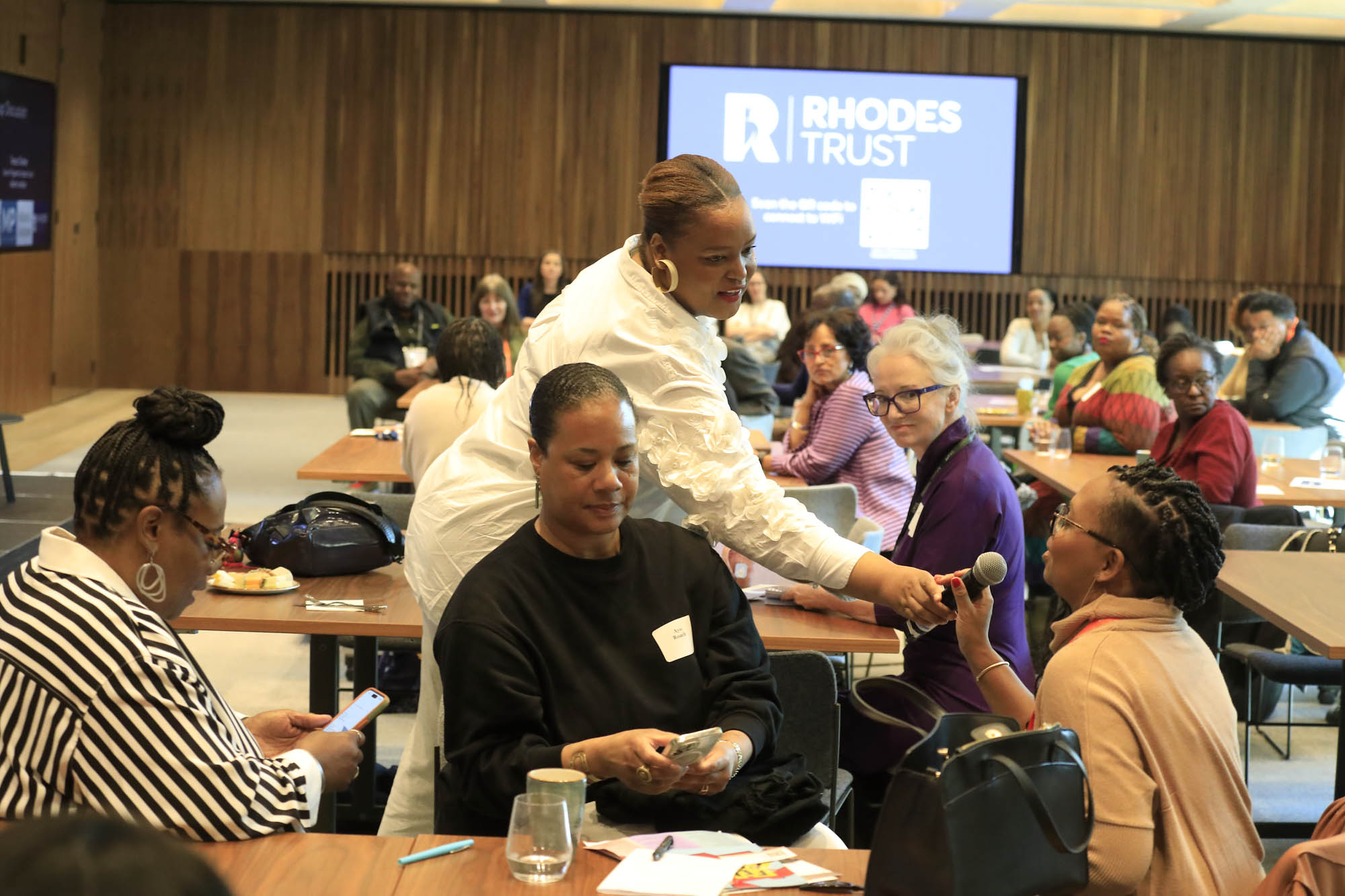
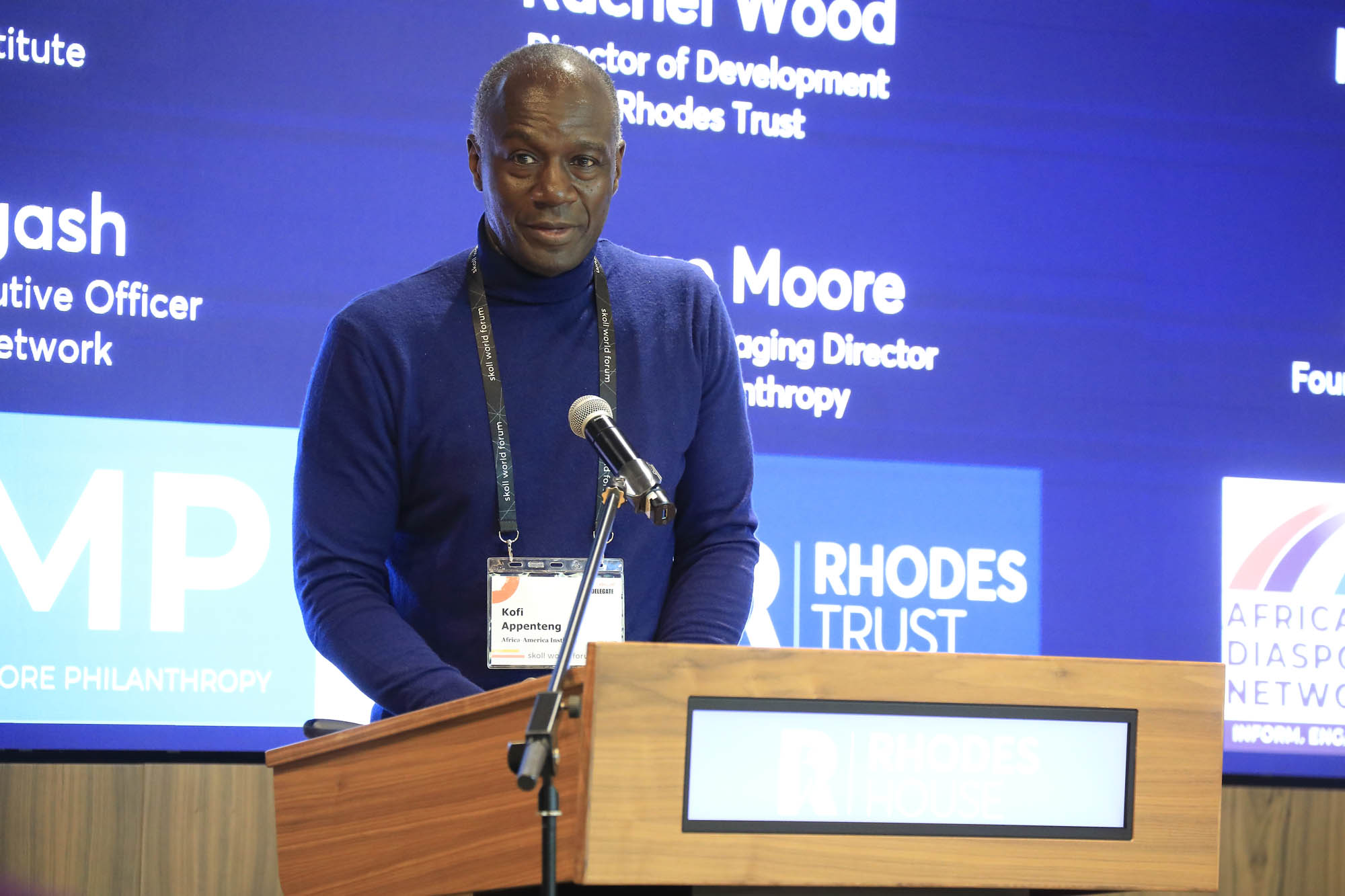
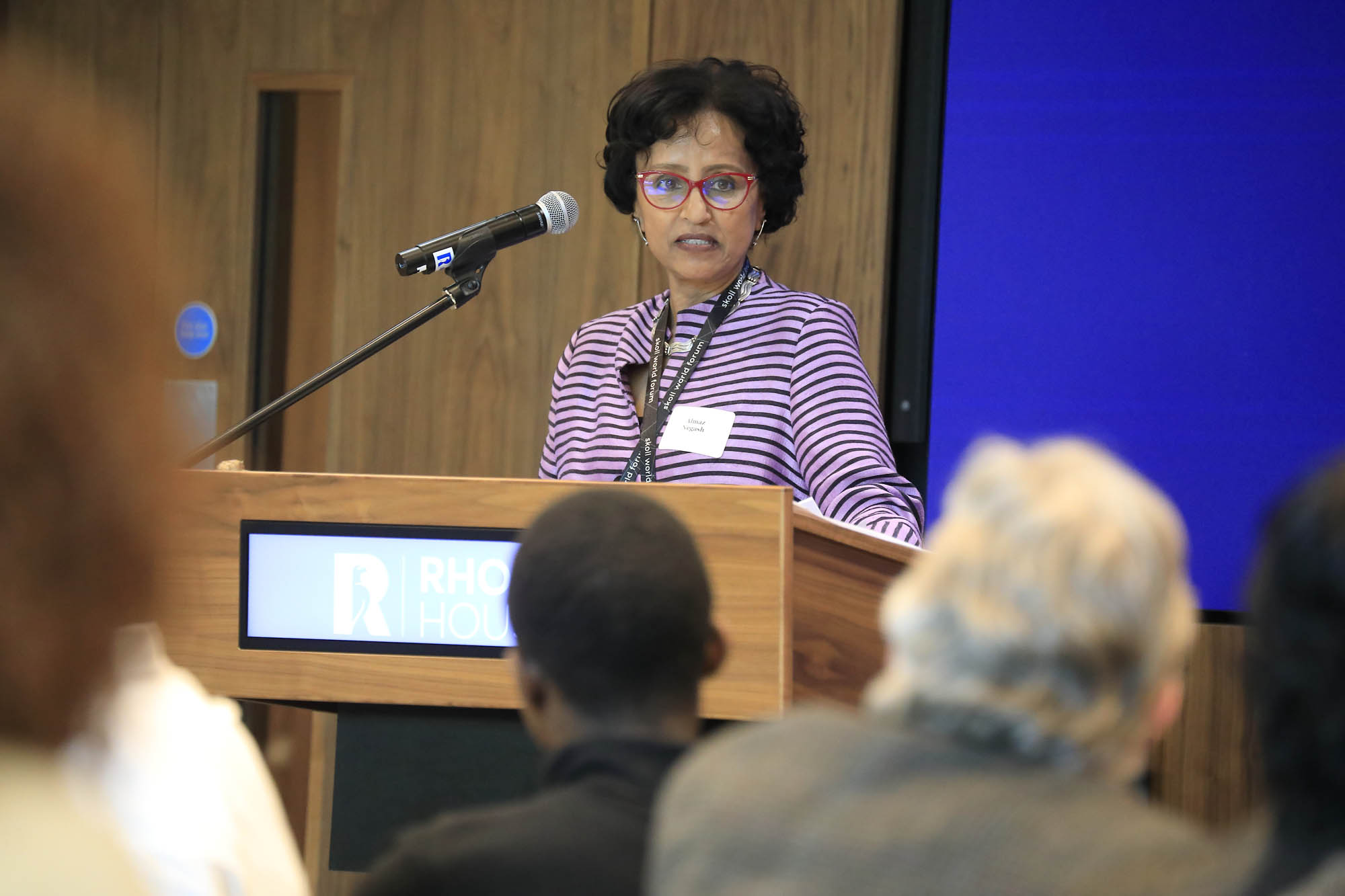
Pingback: 2025 Impact and Year In Review — Moore Philanthropy